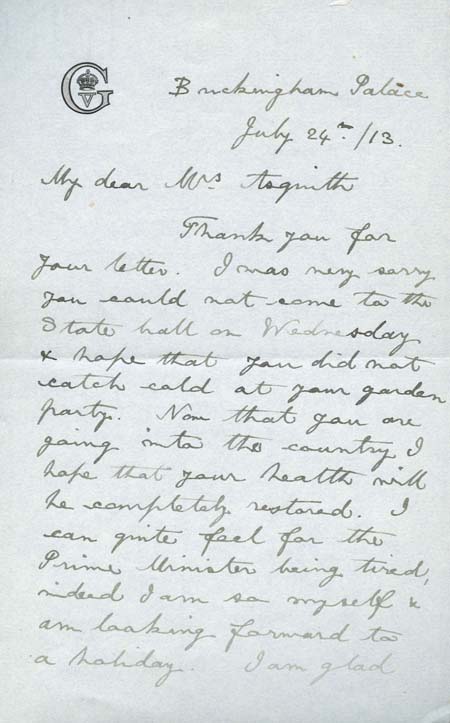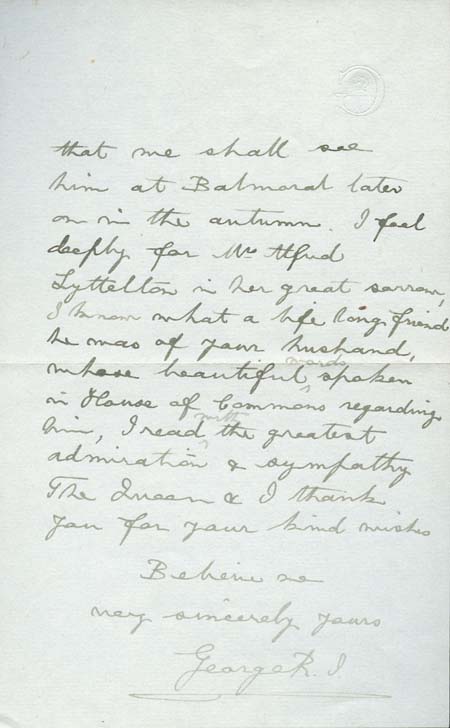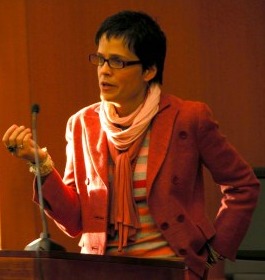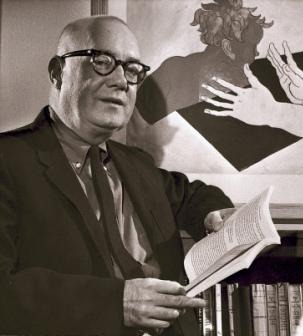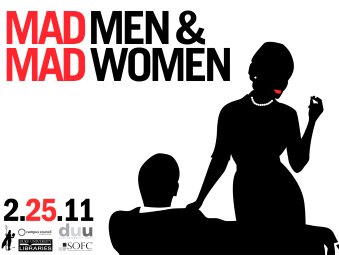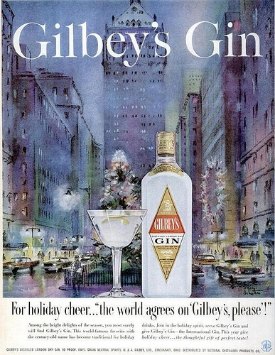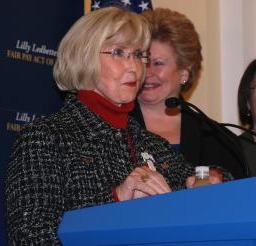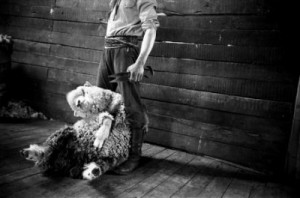
It’s not often that we acquire two copies of the same work at the Library. Sometimes, however, a second copy can have unique characteristics that make it nearly irresistible—as in the case of a copy of The Fall of the Great Republic recently acquired for the Glenn R. Negley Collection of Utopian Literature, which may have solved the 125-year-old mystery of its author’s identity.
A well-known anti-socialist and xenophobic dystopian work published in 1885 and foretelling the demise of the United States, the book was published under the pseudonym Henry Standish Coverdale. The copy now at Duke seems to establish the author as New Lebanon, N.Y. newspaperman Abner Hitchcock (1851-1936). The volume comes from his library, bears the ownership signature “Hitchcock,” and includes a penciled note in the rear, dated from August 1924, stating that “Authorship [was] kept a complete secret.”
The specially-bound volume contains clippings and reviews of the work from across East and parts of the Midwest, including a suspiciously positive review from the Boston Journal, a paper for which Hitchcock wrote. Of the various reviews, the owner has written in the volume: “The most striking thing about it is in the illustration the pasted-in comments give of the impression it made on different readers. – One sees in me an ass, and one a prophet. I suspect there is some basis for both judgements.”
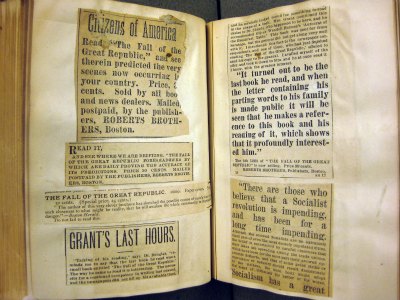
The volume was discovered by a bookseller cleaning out of the attic of the Hitchcock House in New Lebanon, now a bed-and-breakfast inn. It has now found its permanent home at Duke, where it will remain a one-of-a-kind resource for future generations of scholars.
Special thanks to Garrett Scott for permission to quote from his description of this item.
Post contributed by Will Hansen, Assistant Curator of Collections.


